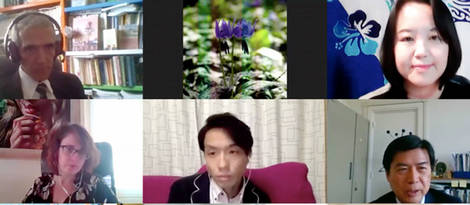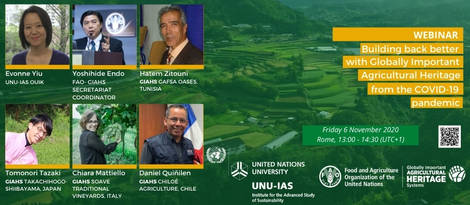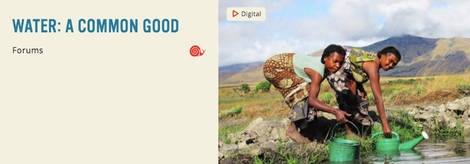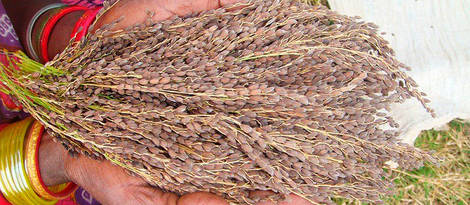
The webinar, for the first time ever, gathered GIAHS speakers from various regions around the world share on the challenges faced by GIAHS communities in managing impacts of the COVID-19, as well as discuss the resiliency of GIAHS in such a crisis and explore opportunities for recovery and building back better from COVID-19.
Read the report
Building Back Better with Globally Important Agricultural Heritage Systems from the COVID-19 Pandemic
22 October 2020
22 October 2020

This webinar jointly organized by the United Nations University Institute for the Advanced Study of Sustainability Operating Unit Ishikawa Kanazawa (UNU-IAS OUIK) and the Food and Agriculture of the United Nations (FAO) will share the challenges faced by GIAHS communities in managing the impacts of COVID-19, as well as discuss on the resiliency of GIAHS in such a crisis and explore opportunities for recovery and building back better from COVID-19.
The Coronavirus...

One of Japan’s Globally Important Heritage Sites located in the northern mountainous region of the country will be presented as an example of tradition and innovation in the global event Terra Madre, organized by the international organization SlowFood on 11 October at 11 am (GMT+2).
The Takachihogo-Shiibayama Mountainous Agriculture and Forestry System in Japan was designated as GIAHS site by FAO in 2015 thanks to its social-sharing traditional irrigation system, part...

قال اليوم المدير العام لمنظمة الأغذية والزراعة السيد شو دونيو إنّ "التنوع البيولوجي يدعم معظم الأنشطة الاقتصادية في العالم لا سيما في قطاع الإنتاج الزراعي الغذائي، ولذلك ينبغي أن تقابل وتيرة تآكل التنوع البيولوجي جهود شاملة ومتسقة وجماعية".
وقال في رسالة فيديوية وجّهها إلى مؤتمر قمة الأمم المتحدة بشأن التنوع البيولوجي: "يقوّض فقدان التنوّع البيولوجي الجهود العالمية لمعالجة الفقر والجوع- فلا تنوع غذائيًا من دون التنوّع البيولوجي".
<<<


